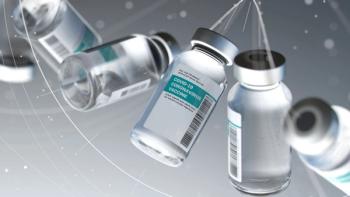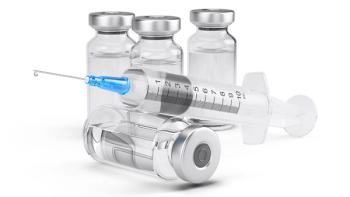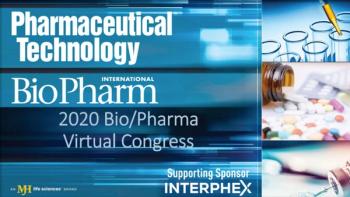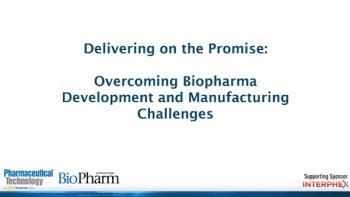
Manufacturing of the vaccine will take place at Baxter’s fill/finish sterile manufacturing facilities located in Bloomington, IN.

Manufacturing of the vaccine will take place at Baxter’s fill/finish sterile manufacturing facilities located in Bloomington, IN.

The European Medicines Agency and Health Canada have published clinical data used to support the authorization of Moderna’s COVID-19 vaccine.

The European Medicines Agency has begun a rolling review based on laboratory and clinical studies of the Sputnik V (Gam-COVID-Vac).

The guidance document provides recommendations for reporting and implementing changes to container closure system components consisting of glass vials and stoppers for sterile drug products.

With funding from the federal government, Merck will expand capacity to produce J&J’s COVID-19 vaccine.

AstraZeneca has announced that the mass rollout of its COVID-19 vaccine has begun via the COVAX initiative.

In a pandemic, genetic vaccines offer several advantages over traditional approaches.

While manufacturing increases have been implemented for vials and syringes, meeting future market needs remains unpredictable.

To prevent future production delays of critical products, the Biden administration is examining supply chain vulnerabilities for pharmaceutical ingredients as part of a longer-range consideration of products important to public health.

Distribution of the first one-dose vaccine for COVID-19 to start in early March.

The company will join the network of approved manufacturers of the lipid excipients.

New data shows that the COVID-19 vaccines can be stored at standard freezer temperatures for up to two weeks.

Once the vaccine has been authorized, Sanofi will provide Johnson & Johnson with access to its vaccine manufacturing plant in Marcy l’Etoile, France, to formulate and fill vials of the vaccine, at a rate of 12 million doses per month.

The agency issued guidance for developers of vaccines, diagnostics, and therapeutics to address variants of the COVID-19 virus.

The companies have expanded their existing partnership to include 40 Million Doses of COVID-19 vaccine for South Korea.

The US government will pay $1.95 billion for the additional 100 million doses, bringing the total number of doses supplied by the companies up to 300 million.

Evonik has revealed plans for investment in the short-term expansion of its specialty lipids production, which are used with mRNA-based COVID-19 vaccines.

The agency is developing guidance to help manufacturers make changes to existing COVID-19 vaccines to treat new variants in the coronavirus.

The companies will build capacity in Germany that will be ready in 2022 and are exploring options for increasing volume in 2021.

Representatives of industry organizations discuss crucial business, regulatory, science-based issues facing the industry.

Lessons learned from the pandemic can advance future biologic drug development and manufacturing.

FDA’s Vaccines and Related Biological Products Advisory Committee will meet on Feb. 26, 2021 to discuss the request for emergency use authorization for Janssen Biotech’s COVID-19 vaccine candidate.

Both companies will provide resources and expertise to research, develop, and manufacture multiple mRNA vaccine candidates, including multi-valent and monovalent approaches.

As demand for COVID-19 vaccines increases, Big Pharma offers its manufacturing capacity and expertise.

The companies previously entered into a collaboration in November 2020 with the goal of producing more than 100 million doses of the CureVac vaccine per year at Rentschler’s Laupheim, Germany facility.